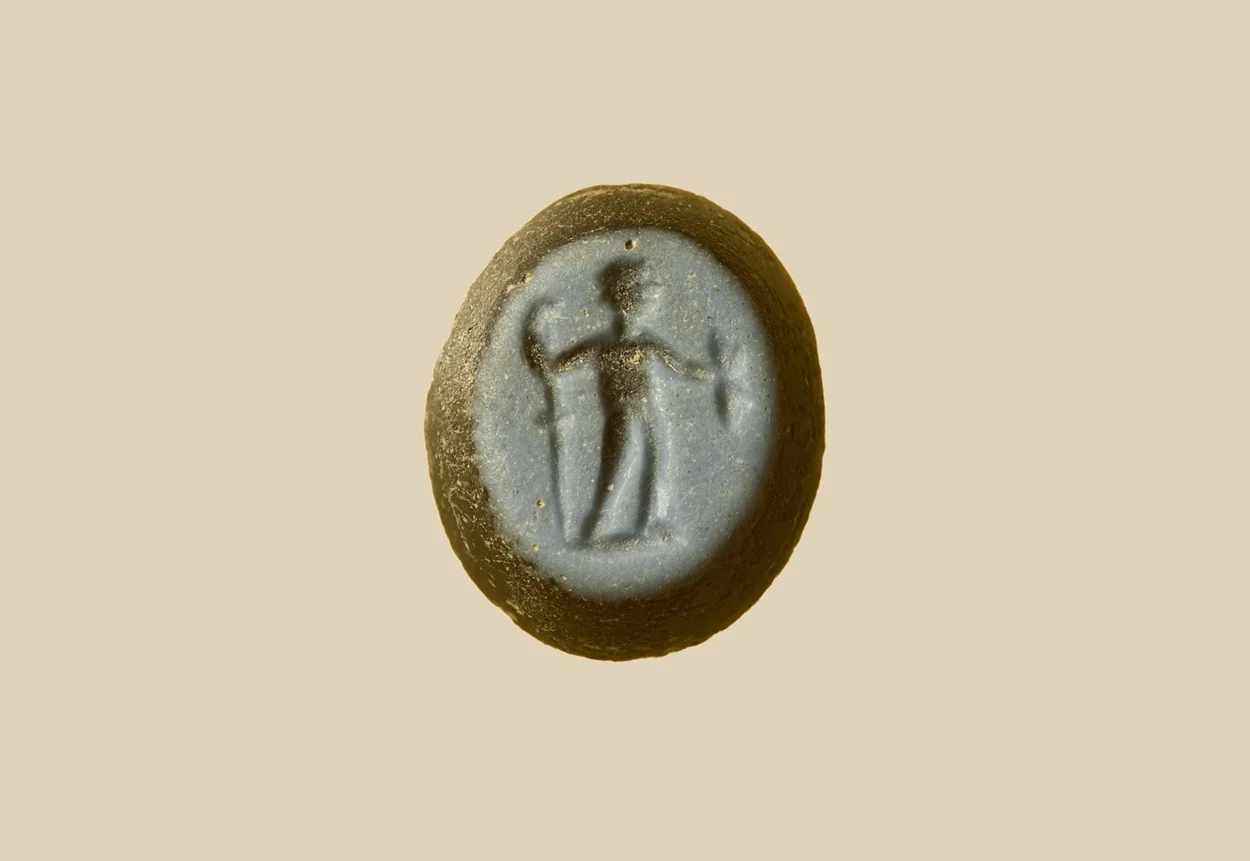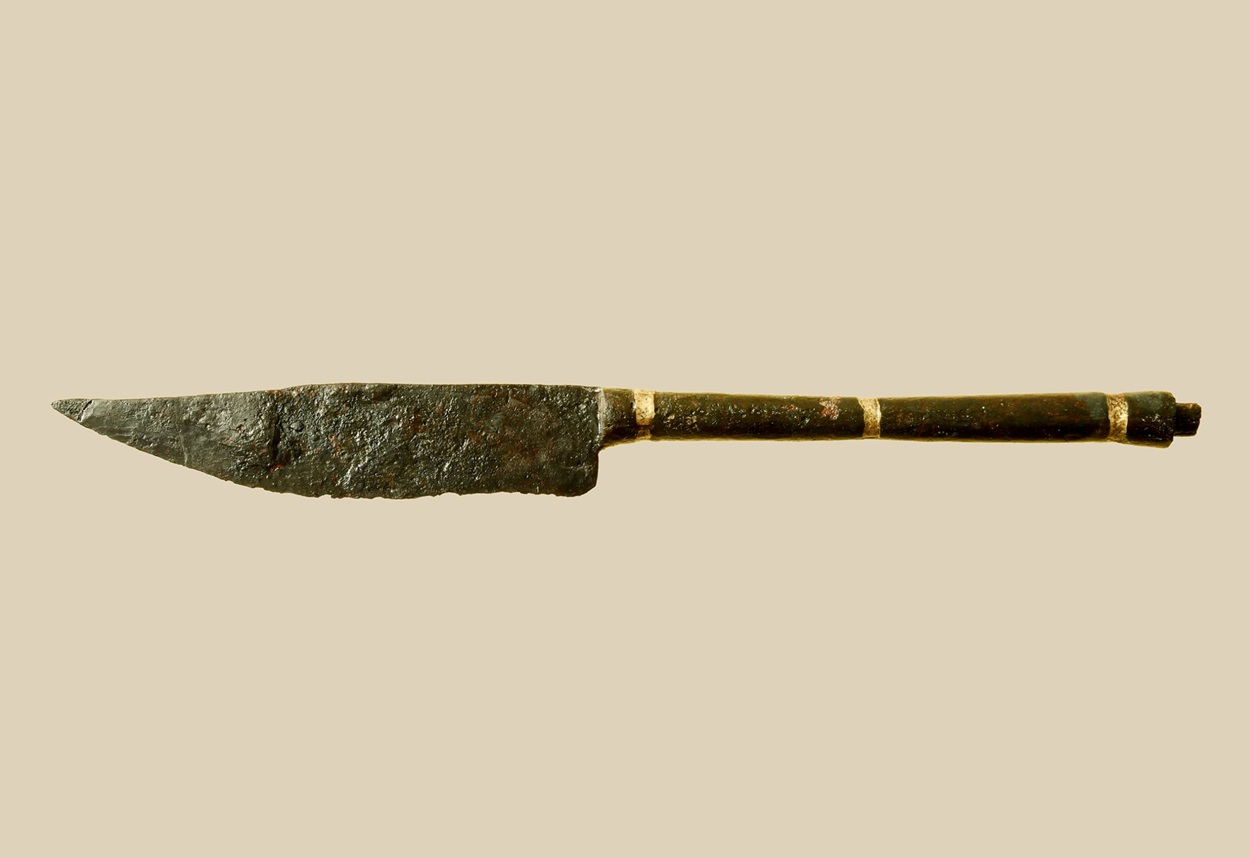Archaeologists excavating in Delbrück-Bentfeld, northwestern Germany, have uncovered evidence of an extensive Roman-era settlement beyond the borders of the Roman Empire.
The settlement lies along the Lippe River, near the site of the Roman legionary camp at Anreppen. Built in the early 1st century AD during Rome’s expansion into Germania, the Anreppen camp was occupied for only a brief period.
Ongoing excavations led by the Regional Association of Westphalia-Lippe (LWL) have revealed several farmsteads in the Germania Magna region, an area the Romans mostly abandoned following the Battle of the Teutoburg Forest in AD 9.
Located roughly 90 miles (144 km’s) from the Limes Germanicus (the Roman frontier of border fortifications), archaeologists have identified three distinct farmsteads, indicating a much larger and complex settlement.
The most eastern farmstead consists of a residential building at the centre of a large courtyard – evidenced by numerous post holes which are still visible in the ground as darkened and discoloured soil.

A farmyard and residential building located to the southwest is currently being investigated, where archaeologists have found a kiln with traces of non-ferrous metal – suggesting jewellery production.
According to the archaeologists, coins and ceramics unearthed during the excavations will provide a solid basis for dating. “This may clarify our question of whether the farmsteads existed simultaneously, or whether it was possibly a single farmstead whose location shifted twice after some time. The wooden construction methods used by settlers of this period often made it necessary to abandon a decaying building and erect a new one in the immediate vicinity,” said Dr. Sven Spiong of the LWL Archaeology Centre in Bielefeld.
A cellar-like construction found where two other farmsteads were documented has revealed a finely crafted cameo gemstone, engraved with the image of Mercury, the Roman god of commerce, messengers, eloquence, travellers, and trickery – often identified with the Greek god Hermes.
Another major find is a completely intact knife with decorative brass stripes, that archaeologists suggest may have been deposited intentionally with the blade facing upwards to ward off evil and serve a cultic purpose.
Header Image Credit : LWL/A. Madziala
Sources : Regional Association of Westphalia-Lippe





